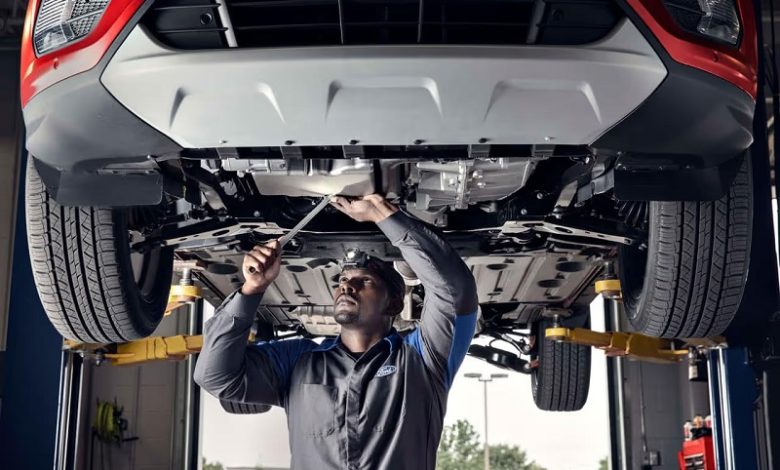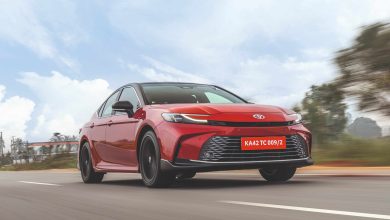Common Repairs for European Cars and How to Fix Them

People love European cars for their style, speed, and high-tech engineering, but they have some problems. These cars often need special care for issues like electricity or engine problems. Identifying and fixing common issues may keep your car safe, reliable, and running well for years.
- Electrical Problems
Modern European cars have a lot of complex electrical systems which makes them prone to problems. Problems that happen a lot include infotainment systems that don’t work, climate settings that don’t work and lights that flicker. Sensors that don’t work right or wiring that is not right can cause these issues.
To fix: First use an OBD II tool to perform a diagnostic check. If you think a sensor or wiring problem exists, talk to a trained mechanic who knows how European systems work.
- Transmission Issues
European cars especially those with automatic or dual-clutch transmissions, often have problems with transmission oil, slipping gears and not engaging immediately. These can happen when parts are worn out or when fluid is contaminated.
To fix: Follow the manufacturer’s transmission fluid check and change schedule. If your transmission slips or produces unusual noises, get it fixed by a European transmission expert.
- Suspension Problems
European suspensions can wear out faster than average because they are made to work better. Uneven tire wear, rough rides or bad handling are all signs of problem, which are usually caused by old shocks, struts or bushings.
To fix: Get the suspension system checked out frequently. You can get better handling and comfort if you replace old parts like bushings or shocks. Regular repair will also help parts last longer. For expert service, consider European auto repair in Burnsville, MN.
- Engine Issues
Even though European engines are strong and accurate, they can overheat, leak oil or have malfunctioning fuel pumps. Most of the time, these problems are caused by broken cooling parts, seals or filters.
To fix: It is essential to do regular checks and oil changes. If you see your engine burning or oil pools, check it out immediately to avoid severe damage.
- Brake Issues
Because of how well they are made, European cars’ brake parts can wear out faster. Common issues include worn out brake pads, broken wheels or fluid leaks.
To fix: Check your brakes once a year and change the pads or rotors as needed. Fix any fluid leaks right away to keep hydraulics from breaking down.
- Leaks of oil
Older European cars often leak oil because the seals or valves are worn down. They can damage the engine if you don’t fix them.
To fix: Check your car if you see oil spots under it. Getting new gaskets or seals early can save you money on fixes later.
Conclusion
Driving a European car is a great experience but they need regular and expert maintenance. Taking care of common problems before they happen will keep your vehicle running well for many years.




